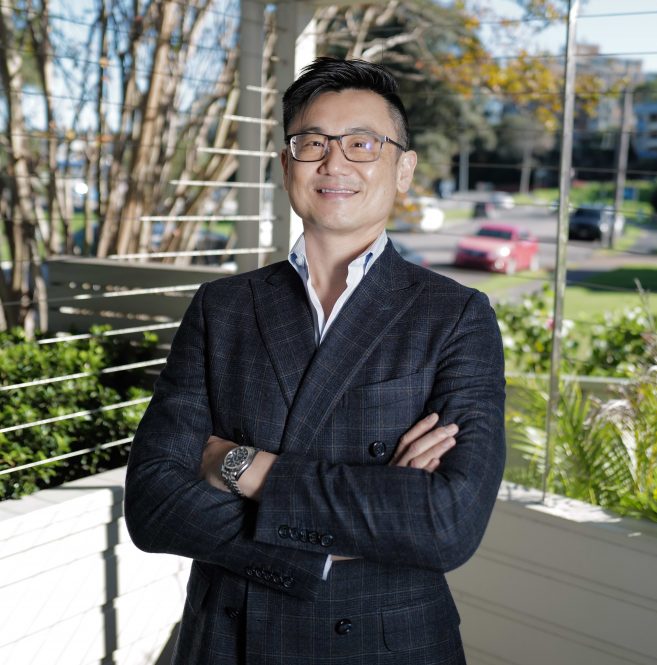- Comprehensive Breast Care for Sydney
- New website Same Amazing Team!
- Get In Touch!
Breast augmentation is a surgical procedure that involves using implants or fat transfer to change the size or shape of the breasts. It may be considered by individuals who wish to change breast volume or adjust breast proportions following changes such as weight loss, ageing, or pregnancy.
Breast augmentation involves placing implants or, in some cases, using fat transfer to change breast volume or shape. The procedure is planned based on each patient’s individual needs, with decisions made regarding implant type, size, and placement following a thorough discussion between the patient and surgeon.
This involves the use of silicone or saline implants placed either under the breast tissue or beneath the chest muscle. It is a commonly used method to change breast size or shape.
This method uses liposuction to remove fat from another area of the body, which is then processed and injected into the breasts. Fat transfer can provide a subtle change in breast volume for some individuals.
During your consultation, Dr Chen will discuss your medical history, examine your breast anatomy, and talk through the options for breast augmentation. This includes discussing implant types, sizes, and placement options, or whether fat transfer is suitable for your individual situation.
The procedure is performed under general anaesthesia in a hospital setting. The specific surgical approach will depend on factors such as your anatomy and the planned method of augmentation. You will be provided with detailed preoperative instructions to follow before surgery.
After surgery, it is common to experience swelling, bruising, and discomfort. You may be required to wear a supportive garment as advised by Dr Chen. Follow-up appointments will be scheduled to monitor your healing and discuss any further care needed.
Recovery times can vary between individuals. Generally, patients are advised to avoid strenuous activities and heavy lifting for several weeks. Full settling of the breast shape may take a few months.
Breast augmentation carries certain risks and potential complications. These may include:
Dr Chen will discuss these risks with you in detail during your consultation, along with the specific risks related to your chosen procedure.
Breast augmentation is a surgical procedure that uses implants or fat transfer to change the size or shape of the breasts. In contrast, breast reconstruction is performed to recreate the breast following mastectomy or injury, and may involve implants or tissue from other areas of the body.
Dr Chen provides both augmentation and reconstruction procedures, planning each surgery based on the individual needs and clinical situation of the patient.
Breast implants are not considered lifetime devices. They may last 10 to 20 years or longer, depending on the type of implant and individual factors. Some people may not require replacement, while others may need revision surgery due to implant rupture, changes in breast shape, or personal choice. Regular follow-up appointments with your surgeon are recommended to monitor the condition of your implants over time.
Most patients experience mild to moderate swelling, discomfort, and a feeling of tightness for the first few weeks after surgery. Light activities can often be resumed within a few days, while strenuous exercise is usually avoided for 4 to 6 weeks. Dr Chen will provide postoperative care instructions specific to your procedure and individual needs to support your recovery.


Take the first step towards expert care—schedule your consultation with Oncoplastic Surgical Centre today and receive personalised treatment from Dr. Paul Chen and his team.




